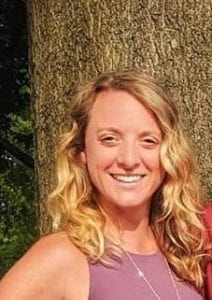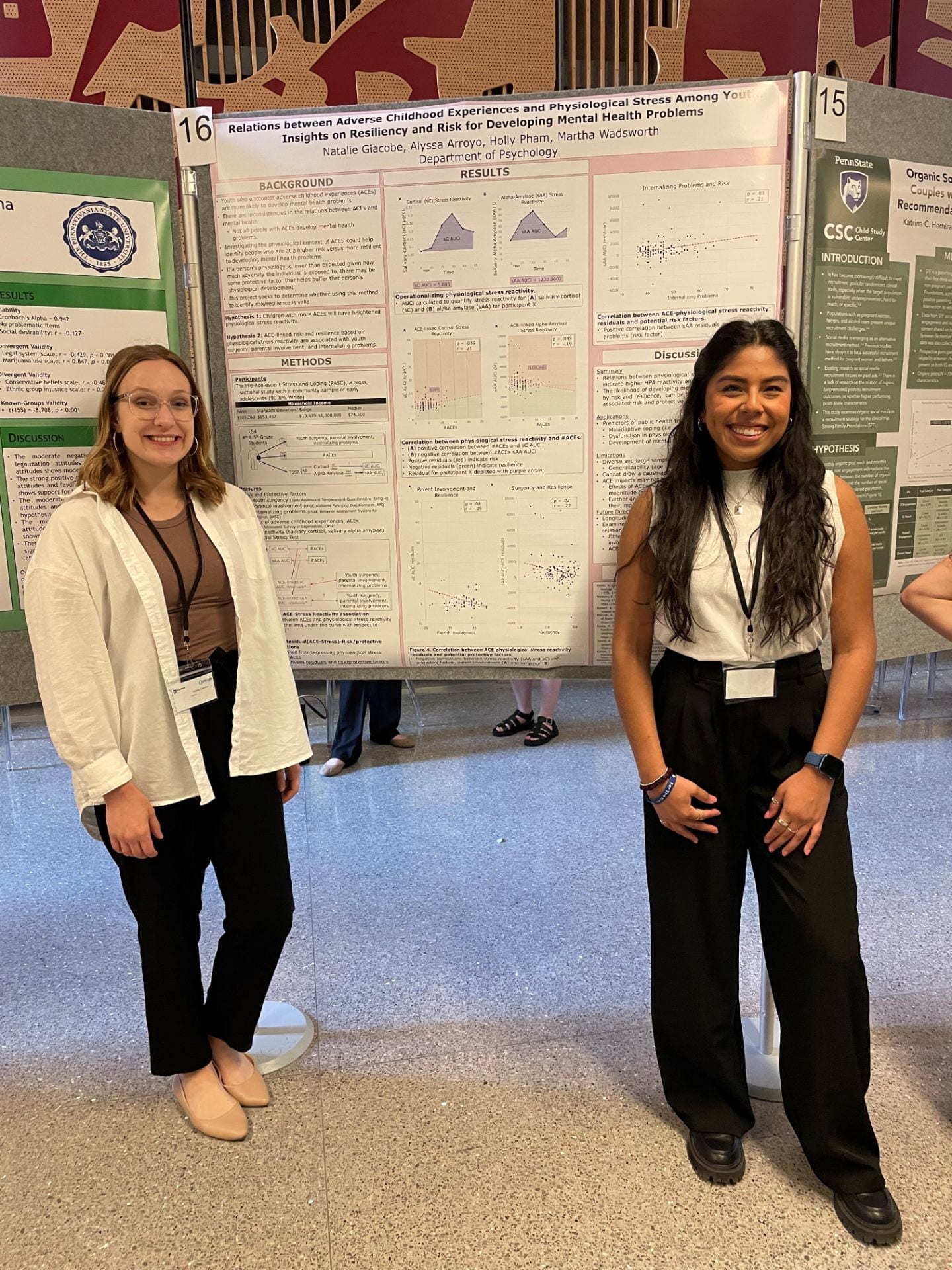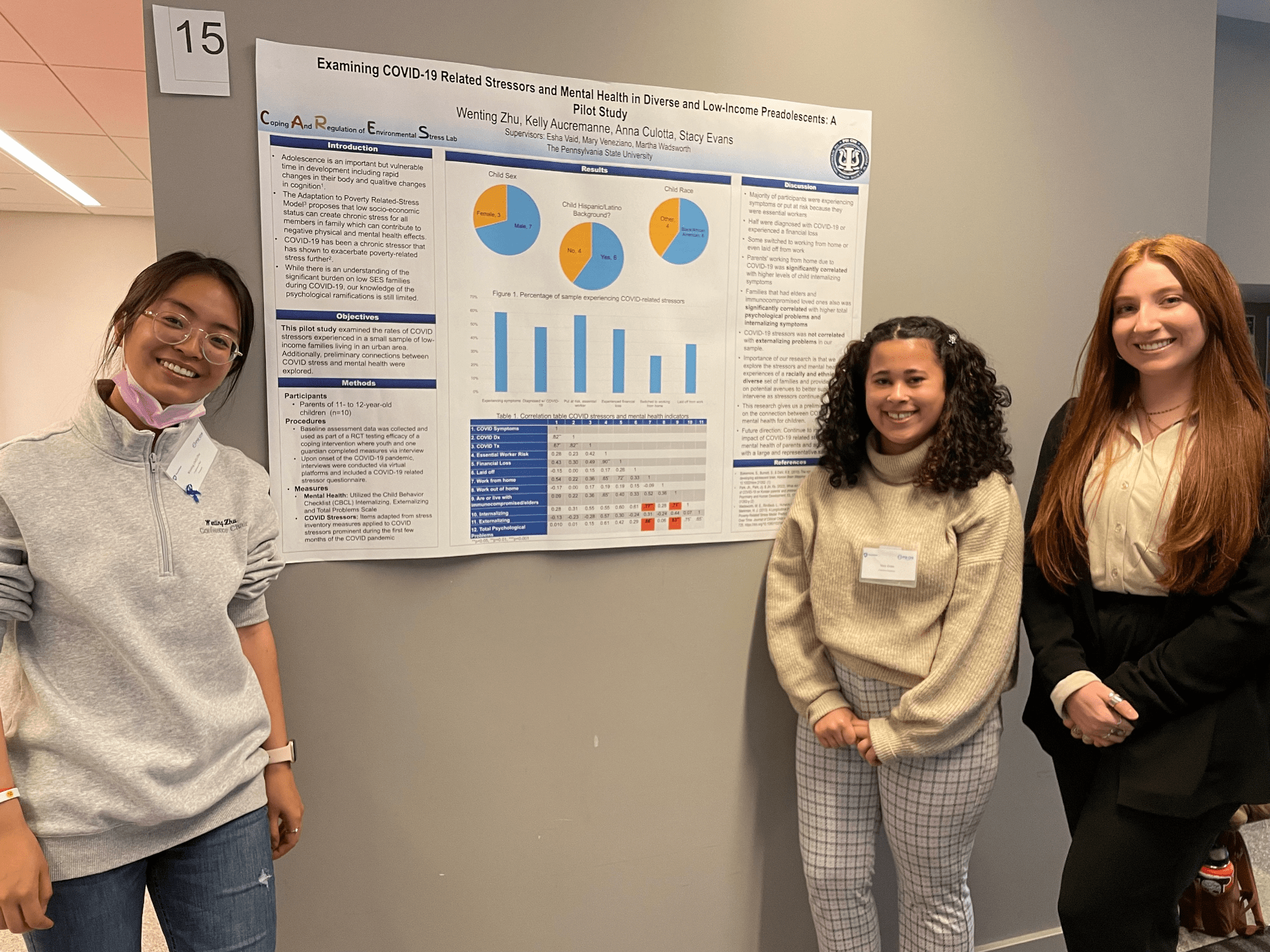Current Lab Members
Principal Investigator
Martha Wadsworth
My research program focuses on how children in poverty and other marginalized youth adapt to challenging developmental contexts. I conduct research out in communities with difficult-to-reach low-income and BIPOC children and families—striving to understand the substantial resilience that can be found in this population. I use community engagement practices to successfully work with low-income communities to conduct research that addresses their needs and concerns. We have established ourselves in communities previously closed off to research owing to historical abuses of people of color. Our resilience focus and anti-deficit mindset have been key to this success.
Two decades of research have led to an integrated understanding of the biological, cognitive, behavioral, and affective adaptations that occur as children grow and develop in the context of economic hardship. Incorporating insights from developmental psychobiology and adaptive calibration models to better understand how and why children in poverty come to develop what appear to be maladaptive coping repertoires, we developed the Adaptation to Poverty-related Stress (APRS) model. The APRS posits that life in poverty is often comprised of exposure to chronic, uncontrollable stress, which taxes children’s developing self-regulatory systems. As a result, children in poverty develop coping profiles that are well suited to and are adaptive given the environments in which they develop, which are more likely to be unpredictable, dangerous, violent, and resource-scarce. The same skills, however, may prove ineffective or detrimental in other contexts. Thus, so-called maladaptive coping is simultaneously adaptive and maladaptive depending on context.
The Building a Strong Identity and Coping Skills program (BaSICS) was developed according to the principles delineated in the strengths-based APRS. BaSICS was designed to provide low-income youth with culturally affirmative care that would improve mental health by targeting mechanisms of stress-adaptation. The content and format of BaSICS were designed using social justice education principles, which require that (a) youth voices be heard, heeded, and validated, (b) learning environments and content be co-constructed with youth, and (c) youth interventions sow the seeds of transformation. BaSICS is guided by these principles, bringing scaffolding and skill development to the table while youth bring their lived experiences (stressors, strengths) to which skill building is applied.
Further, our team was among the first to use experimental methods to examine the physiologic signatures of different types of coping skills. This direction of my work has been critical in linking our interventions with the need for innovative solutions to health disparities. Since dysregulation of the stress response system has emerged as a mechanism of SES- and race-based health disparities, we are examining the extent to which improving coping in children facing chronic stress can translate into improvement in the physiologic stress response system. Most recently we have found that a multi-system approach to understanding stress physiology has illuminated patterns of BaSICS-related intervention response suggesting recalibration of the HPA-SAM system.
CV
Recent Publications

BaSICS Co-Investigators
Jarl Ahlkavist
I am a longtime collaborator with Dr. Wadsworth on the development of the Adaptation to Poverty Related Stress (APRS) model and the design and evaluation of The Building a Strong Identity and Coping Skills (BaSICS) program. I was part of the research team that initially developed and piloted the BaSICS intervention and worked with Dr. Wadsworth on the subsequent process evaluation, pilot efficacy trial, and randomized control trial. I am currently a co-investigator for the NIMH-funded BaSICS confirmatory efficacy trial and a member of the research team in the Coping and Responses to Environmental Stress lab. My research focuses on the biopsychosocial elements of coping, mental health disparities, and interventions for under-resourced youth and communities. Parallel to my research interests, I teach sociology courses at Penn State about social disparities & cultural identity, social problems & solutions, and community-engaged research. As a sociologist I seek to understand how we adapt collectively and individually to our socioeconomic and cultural contexts and the possibilities for individual and collective agency in changing ourselves and our environments. This perspective complements the biological and psychological lenses our team uses to inform our ecological approach to prevention research on coping and regulation in the context of poverty-related stress.

Jason José Bendezu
Jason José’s research is dedicated to understanding the psychobiological mechanisms involved in stress-illness pathways as well as identifying putative psychosocial buffers (e.g., coping, social support) that may mitigate risk of developing psychopathology by getting “underneath the skin.” Their multilevel, person-centered line of basic research aims to translate toward therapeutic routes to stress response system repair (e.g., affect, HPA, SNS, immune, neural) that might be leveraged in the design of more effective, person-centered interventions for at-risk children and families.
CV

Staff
Tabatha Hahn
BaSIC Project Manager/Intervention Coordinator
Tabatha Hahn manages the South Sites of the BaSICS projects and is the intervention specialist for the BaSICS intervention. She has a master’s degree in Community Psychology and Social Change at Penn State. Prior to her work on this project she supervised two Multisystemic Therapy (MST) teams in the Harrisburg, PA area, was a National Trainer for the PAX Good Behavioral Game and was an intervention specialist on the LEGACY Together: Strengthening After School Programs project at Penn State. She has a passion for working with children and families, specifically through the implementation of evidence-based prevention programs.

Mary Veneziano
BaSICS Project Manager/Lab Coordinator
Mary Veneziano manages the North Sites of the BaSICS project and is the CaRES Lab coordinator in University Park. Mary joined the CaRES Lab after receiving a bachelor’s degree in psychology from Penn State University. She previously worked on the Home Safety Heroes project and the Fostering a Future projects, which investigated the social cognition of at-risk parents and youth. Mary has a passion for providing children and families opportunities to participate in evidence-based group programs, especially those who in underserved communities. In her free time, she likes to bake, spend time with her family, and travel.

Kaitlyn Plummer
BaSICS Assessment Coordinator
Kaitlyn is the Assessment Coordinator for the BaSICS II project in the CaRES Lab at Penn State University, supporting data collection efforts and overseeing the coordination of assessments for the study. She graduated from Penn State University in 2024 with bachelor’s degrees in Biology and Spanish. Her previous research focused on Spanish linguistics, specifically examining how non-native Spanish speaker accents influence native speakers’ language processing ability. Kaitlyn is dedicated to contributing to research that supports youth development and broadens access to mental health resources for at-risk populations. In her free time, she enjoys watching movies, reading, and traveling.

Blake Cassel
BaSICS Project data manager
Blake Cassel is the Data Manager for the BaSICS II project in the CaRES Lab at Penn State University Park, overseeing data management and data integrity for the study. He is a recent graduate of Juniata College, where he completed his bachelor’s in biology and master’s in Bioinformatics. His previous research experience includes building microbial models from human gut microbiome data and examining metabolic interactions in order to explore novel therapeutic treatments for C. difficile infection. Blake is excited to contribute to research focused on improving outcomes for at-risk youth and development and maintenance of data pipelines. In his free time, Blake enjoys watching soccer and golfing.

Joandra Gurian
BaSICS Project Research Technologist
Joandra “JoJo” Gurian (she/her) is a Human Research Technologist and Latine Outreach Coordinator for the PACT/CaRES Lab. She earned her Bachelor’s degree in Public Health from West Chester University in May 2024 and is currently pursuing her Master of Public Health (MPH) in Community Health, expected December 2026. She also serves as a graduate assistant with a focus in research, on how religious trauma impacts the sexual health of Latino young adults ages 18 to 24.
Prior to joining Penn State, JoJo worked as a Community Engagement Specialist for a public health marketing agency, where she led initiatives focused on vaping prevention and education among middle and high school students. She is passionate about advancing sexual health, with a particular interest in sex education and well-being within Latino communities.
Outside of work, JoJo enjoys attending concerts, discovering new restaurants and coffee shops, and watching reality TV.

Graduate Students
Metzli Lombera
Metzli Lombera (she/her) is a fifth-year graduate student in clinical child psychology and a child maltreatment T32 predoctoral fellow at Penn State. She is a student therapist at the Penn State Psychological Clinic, where her work focuses on psychodiagnostic and neuropsychological assessments and evidence-based treatments for youth and their parents, with a particular emphasis on youth who have been exposed to child abuse and neglect. Metzli’s research interests include how to operationalize childhood maltreatment, victimization associated with a child’s cultural identity (e.g., a child experiencing emotional abuse due to being part of the LGBT+ community), and mechanisms of action for culturally adapted treatments targeting childhood abuse and neglect.

Bre Genaro
Bre Genaro is currently a graduate student in the child clinical psychology program. She received her B.A. in psychology from Bryn Mawr College in 2018. She worked as a research technician on the Development of Self-Regulation Dynamics project. Bre is exploring coping, self-regulation, and biological stress response systems in children with poverty-related stress. She enjoys watching Netflix, exploring museums and comedy shows.

Beck Scheinberg
Beck Scheinberg is a current Child Clinical psychology student at Penn State. They graduated with a B.A from Duke University, majoring in Math and minoring in Psychology . After graduation, they were an Intramural Research Trainee at the National Institute of Mental Health’s Emotion and Development branch, focusing on youth with irritability and ADHD. Beck is interested in intervention and treatment work for high-risk youth and how to quantify the efficacy of such programs. They are particularly excited about predictive modeling and are hopeful they’ll continue applying their math background to build machine learning models while at Penn State. In their free time, Beck enjoys all things Jewish and Queer. They also love spending time in art museums and doing yoga.

Madison Miles
Madison Miles is a student in the Child Clinical psychology program at PSU. She received her B.A. in psychology, anthropology, and fine art from Case Western Reserve University. During her time as a research coordinator at the UC Davis medical school, she worked with both the TAMI services project and EPI-CAL project, housed within the UCD early psychosis clinics. This work was primarily in experiences of comorbid psychosis and trauma symptoms, particularly amongst juvenile justice and child welfare involved youth. Madison has clinical and research interests in youth and young adult populations who have experienced chronic adversity or potentially traumatic events (PTEs); and in bringing a developmental and complex trauma perspective to understanding the impacts of chronic adversity exposure, including poverty, juvenile justice and child welfare exposure, and familial and community intergenerational trauma. Additional interests are in bringing clinical services to underserved populations and understanding the effects of social determinants of health on the development of serious mental illness (SMI).

Savannah Trevino

Undergraduate Research Assistants
Brynn Adler
Gianna Gaidula
Miriam Rogers
Devon Kiesendahl
Cathryn Balmores
Emma Kill



